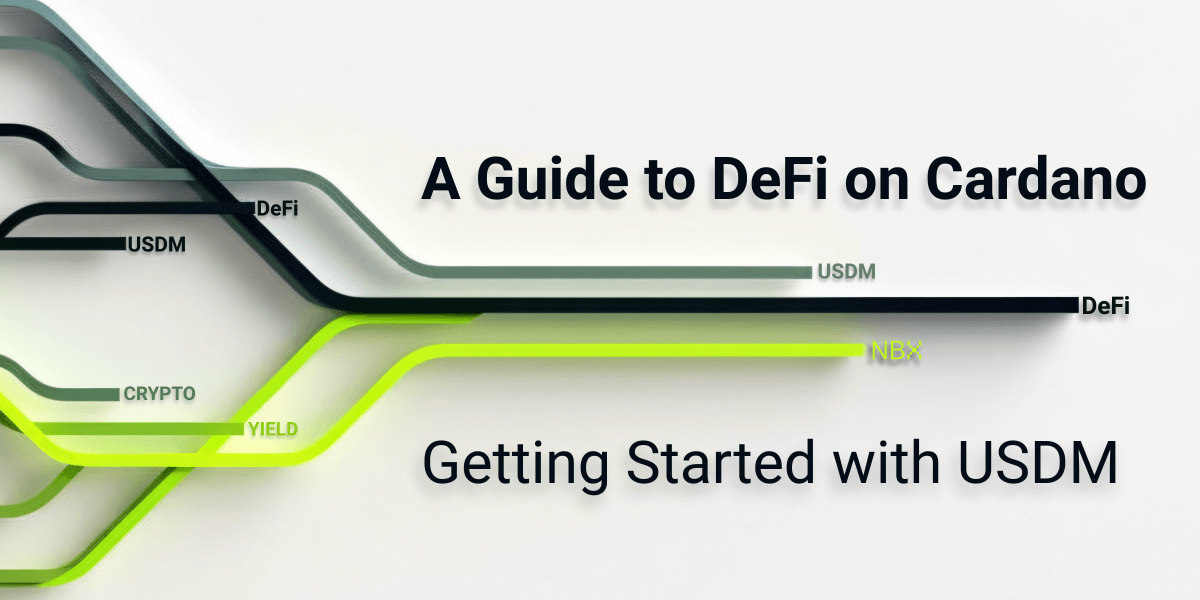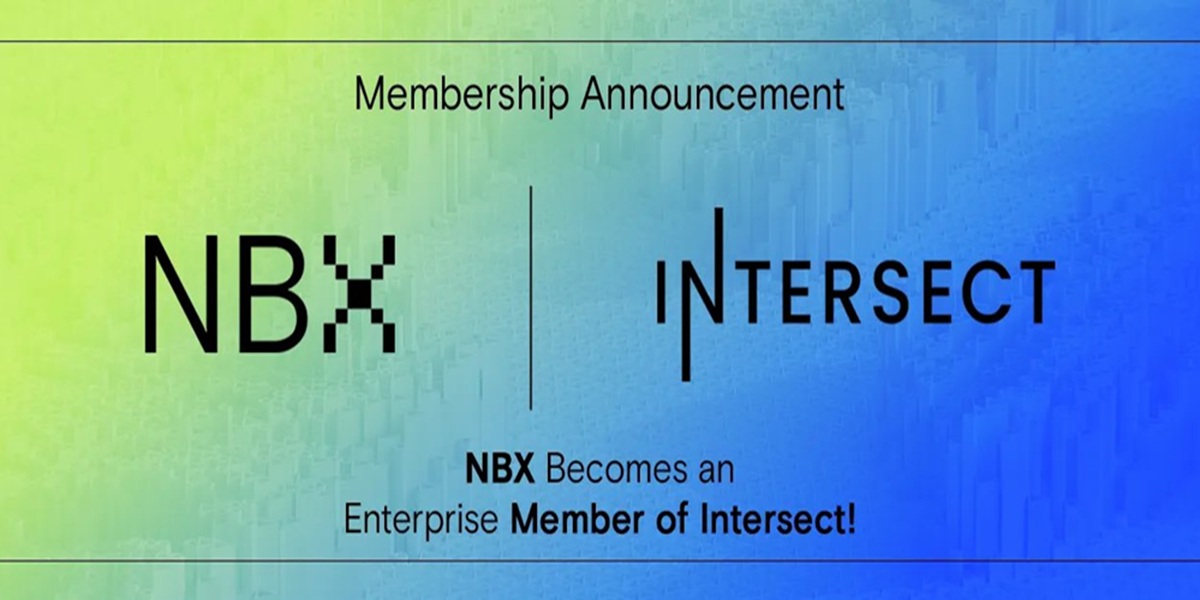Encryption is a process of encoding information or data in a way that makes it unreadable to anyone without the proper decryption key or algorithm. It is a fundamental technique used to ensure confidentiality and security in various fields, including communications, data storage, and information transmission.
The encryption process involves transforming plaintext (readable data) into ciphertext (encoded data) using an encryption algorithm and a unique encryption key. The resulting ciphertext appears as a random and unintelligible sequence of characters. Only someone possessing the correct decryption key or algorithm can reverse the process and convert the ciphertext back into its original plaintext form.
There are two primary types of encryption: symmetric encryption and asymmetric encryption.
Encryption plays a crucial role in safeguarding sensitive information, such as personal data, financial transactions, and confidential communications. It helps protect data from unauthorized access, interception, and tampering, providing confidentiality, integrity, and authenticity.
Encryption is widely utilized in various applications, including secure messaging apps, virtual private networks (VPNs), online banking, e-commerce, and data storage. It is an essential component of modern information security, helping individuals and organizations maintain the privacy and security of their digital assets.


